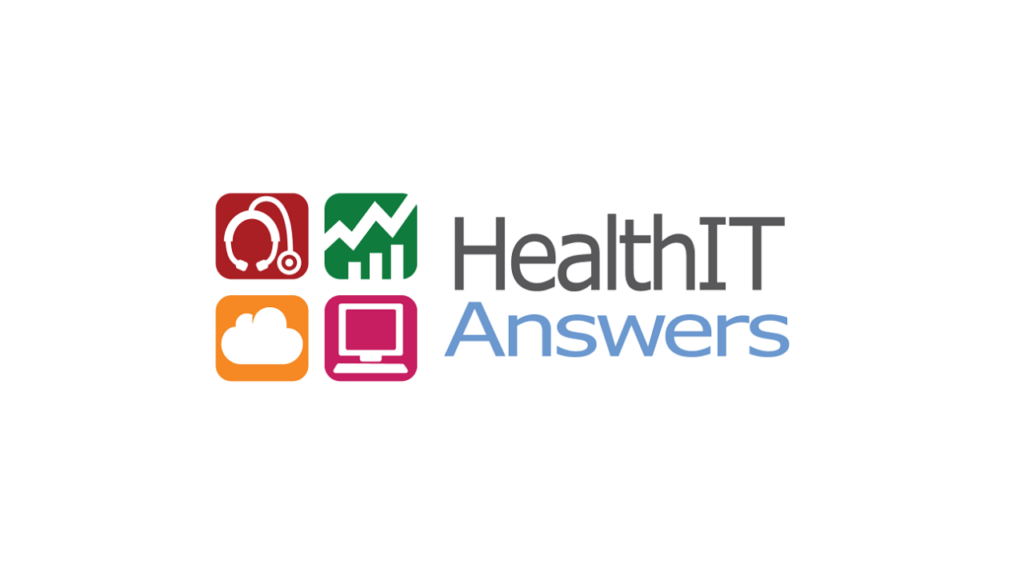Will We See These Trends at HLTH?
By Stephanie Fraser | October 20, 2024 | Article Link
Are you at HLTH today? You might run into some of these people also attending. They shared what they thought would be the trends there this week.
 Colin Banas, MD, MHA, Chief Medical Officer, DrFirst
Colin Banas, MD, MHA, Chief Medical Officer, DrFirst
LinkedIn: Colin Banas
As the industry considers how not to rely on large, monolithic EHR systems to solve every patient care challenge, HLTH is a chance to embrace agile strategies and specialized partnerships. Transitioning from a single-vendor approach to a hybrid strategy is crucial for managing complex tasks like specialty medication access—encompassing ordering, approval, administration, and monitoring. It is unrealistic to expect a core EHR system to do it all and be good at everything.
 Brian Gambs, EVP and Chief Technology Officer, R1
Brian Gambs, EVP and Chief Technology Officer, R1
LinkedIn: Brian Gambs
AI and technology automation in healthcare are set to usher in transformative changes across the industry—enhancing efficiencies, elevating decision-making, and ultimately revolutionizing patient care outcomes. I’m particularly intrigued by how new innovations will address critical challenges in the revenue cycle space, from streamlining financial operations and reducing administrative burdens to optimizing financial outcomes for providers. I look forward to the latest insights at HLTH into how strategic investments in technology will profoundly improve the overall financial health of healthcare organizations.
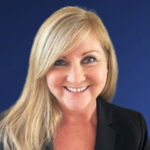 Sandra Johnson, SVP of Client Services, CliniComp
Sandra Johnson, SVP of Client Services, CliniComp
LinkedIn: Sandra Johnson
We’re seeing a paradigm shift in how healthcare organizations approach EHR technology. The industry is moving away from traditional models plagued by hidden costs and interoperability issues towards more transparent, comprehensive solutions. At the upcoming conference, we look forward to discussing ways to address the longstanding challenges of unexpected expenses and integration headaches traditional EHRs can bring, and the new wave in EHR technology that allows organizations to be nimble, predict budgeting, and have seamless data exchange.
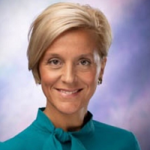 Stephanie Lahr, MD, CHCIO, President, Artisight
Stephanie Lahr, MD, CHCIO, President, Artisight
LinkedIn: Stephanie Lahr, MD, CHCIO
I’m interested in engaging in conversation around computer vision at HLTH this year, as it’s rapidly emerging as a game-changer in healthcare. This technology is moving beyond traditional imaging applications, with potential to revolutionize patient safety, workflow optimization, and resource management. As we’ve seen in other industries, the incremental adoption of computer vision in healthcare will likely mirror the staged approach of autonomous vehicles, gradually enhancing capabilities while prioritizing safety and efficacy.
 Avi Mukherjee, Chief Product and Technology Officer, Verato
Avi Mukherjee, Chief Product and Technology Officer, Verato
LinkedIn: Avi Mukherjee
Healthcare systems have astronomical volumes of data that are finally being tapped in unprecedented ways thanks to AI capabilities like machine learning, NLP/NLG and Generative AI/LLMs. For this to happen, the data must be cleansed and normalized and patient/member/consumer identities de-duped, for AI to have the desired impact and deliver ROI to healthcare organizations, since duplication of patient records at many healthcare organizations range between 10% and 20%, which is well above the 3% or less that is best practice. This needs to be urgently addressed. I am excited about the AI innovation that will be showcased at HLTH and look forward to many of these solutions being commercialized and delivering value across the continuum of care.
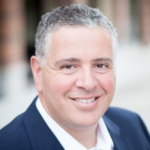 Oren Nissim, CEO and Co-Founder, Brook Health
Oren Nissim, CEO and Co-Founder, Brook Health
LinkedIn: Oren Nissim
This is an extraordinary time in healthcare development, as the opportunities being opened by AI can dramatically improve patient wait time, ability to diagnose early, ability to track and monitor at home, and ultimately remove a lot of time that is now spent on administrative tasks–allowing providers to get back to practicing at the top of their license. The most important next challenge is how this will be done responsibly and how to keep the checks and balances on the AI systems as they get implemented. I look forward to having these discussions at the upcoming HLTH conference.
 Nishi Rawat, MD, MBA, Chief Clinical Officer, Bamboo Health
Nishi Rawat, MD, MBA, Chief Clinical Officer, Bamboo Health
LinkedIn: Nishi Rawat, MD, MBA
As behavioral health continues to face growing demands, innovation is essential to ensure that individuals and their families can access timely and effective treatment. At HLTH this year, I’m particularly interested in learning how the industry is closing gaps for complex mental health conditions, streamlining coordination and addressing urgent needs like substance use disorders. I’m also eager to discuss how real-time data insights are helping to reduce barriers to treatment and improve outcomes. These conversations are critical as the healthcare industry works to better integrate behavioral health into overall care strategies, particularly through collaboration between health systems, payers, and community organizations.
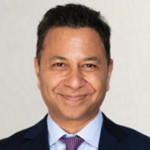 Rajeev Ronanki, CEO, Lyric
Rajeev Ronanki, CEO, Lyric
LinkedIn: Rajeev Ronanki
In the AI-powered future of healthcare, visionary leadership means orchestrating a symphony of cross-disciplinary expertise, ethical rigor, and cutting-edge innovation. We’re not just forming AI governance committees; we’re cultivating ecosystems where responsible AI seamlessly integrates with our core operations. By championing education and ethical frameworks—particularly for generative AI—we’re not merely adapting to regulatory landscapes… we’re defining them.
 John Showalter, MD, MSIS, Chief Strategy Officer, Linus Health
John Showalter, MD, MSIS, Chief Strategy Officer, Linus Health
LinkedIn: John Showalter
With the aging of the U.S. population and a focus on living not just longer but better, we will be hearing a lot of buzz throughout the conference about what we can do to diagnose mild cognitive impairment earlier, before it progresses to dementia. That’s when lifestyle interventions can make the most difference–so it’s critically important to get digital health tools in the hands of more clinicians such as PCPs, especially given the nationwide shortage of neurologists and other specialists.
 Daniel Vreeman, DPT, Chief Standards Development Officer, HL7 International
Daniel Vreeman, DPT, Chief Standards Development Officer, HL7 International
LinkedIn: Daniel Vreeman
With the explosion of digital health innovation, we’re witnessing a major shift in how data interoperability is approached across the healthcare industry. HL7 FHIR has become the standard for unlocking and simplifying open data exchange, streamlining information sharing, and driving real-time insights that help scale healthcare solutions globally. At HLTH, I’m eager to see how HL7 FHIR is enabling developers to streamline data ingestion, reduce development time, and improve the scalability of digital health tools—all while fostering innovation across leading health tech companies, healthcare providers, and governments. As the demand for open data standards grows, HL7 FHIR is paving the way for seamless health data exchange that enhances both the patient and provider experience. I look forward to exploring how organizations are leveraging HL7 FHIR to fuel their digital health initiatives and the potential to transform healthcare delivery at scale.
















